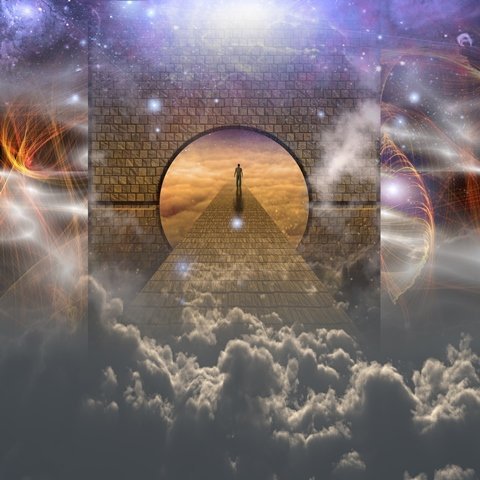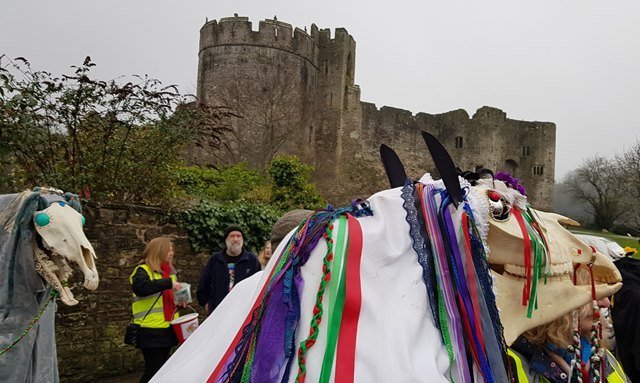
by Judith Stafford | Dec 3, 2023 | Away with the Fairies, Becoming a Wise Woman
Egos, Shadows and the Collective Unconscious I have always enjoyed a great story, whatever format it takes, whether it is a book, film, or TV series. Something about living a different life in another world for an hour or two is fantastic. I always loved reading myths and fairy tales as a child. My favourite kinds of stories have always been fantasy types. I loved the dark forests and ancient landscapes. Even though they were far removed from my life, the characters and situations still spoke to me. Later, when I re-read these stories as an adult, I saw they worked not only as entertainment and escapism. But they also allowed us to explore our often unconscious relationship with ourselves and the world. The more folktales and myths I read, the more I realised that the underlying ideas behind these stories were the same. Whether you read tales from Europe, Asia, Australia or the Americas, the same concepts crop up repeatedly. Grand ideas of death and resurrection Epic heroic journeys Heroes overcoming great odds to seek justice Innocents risk everything to rescue a loved one Curious to discover more, I started reading about the psychology of storytelling. There I came across Carl Jung’s theories on archetypes. I found them so fascinating that I delved deeper into them. Now, 30 years later, I am still learning new things about them. What is an archetype? The simplest definition of an archetype is that it is a universal stereotype or prototype of specific patterns of behaviour. In Jung’s view, archetypes represented inherited unconscious thought patterns common to all people. Every culture in...

by Judith Stafford | Jan 21, 2021 | Away with the Fairies
Here we go a Wassailing….. (Any excuse to drink cider!) I remember singing the carol ‘Here we go a Wassailing’ at school without having a clue what it was about. Just in case you don’t know. Wassailing is a folk tradition that entails the ritual blessing of fruit trees in winter to ensure a good harvest in the following autumn. It usually involves drinking, making loud noises and apple trees - just an average night out for some people, with an apple tree thrown in! If anyone fancies trying it, the good news is, wassailing has seen a recent revival. What is wassailing Wassailing is the practice of the community visiting the neighbourhood orchards, selecting a tree, usually the oldest, singing, or chanting a rhyme and making lots of noise while drinking mulled cider or wine. The remains of the cider in the wassail cup are poured onto the tree. Wassailing come from the old English words ‘waes hael’ meaning ‘good health’, our equivalent of ‘Cheers’. It started as a drinking salute and later became associated with a particular drink and the tradition of wassailing. Wassailing usually occurs around the Christmas holiday or just after at the beginning of January often on 12th night on the 6th January although it is often celebrated on the old pre-Gregorian 12th night of 17 January. It is probably of pagan origin but was assimilated into Christianity where it became part of the Christmas tradition. The wassailing drink originally started off as a mulled wine or mead, then evolved into a drink more associated with apples and is made of mulled cider, with sugar...

by Judith Stafford | Jul 2, 2020 | Away with the Fairies
What is the difference between myths and fairy tales? Myths, legends, fables, folktales and fairy tales – it is hard to define exactly what they are. In this post I am going to look at the difference between a myth and a fairy tale and look at which stories belong to which label. I am going to show you why I think that all are interconnected to some degree. Note: For this article I have grouped myths and legends under the title of myths, and grouped fables, folktales and fairy tales under the fairy tale title. I have always been fascinated by these stories whether they are the long sprawling Greek myths of Homer or short fables of Aesop. They are the inspiration behind many fantasy and horror stories like those by Tolkien, Terry Pratchett and Stephen King. Where do these names come from? First to define what we mean by ‘myth’. The word is taken from the Greek ‘mythos’ meaning word of mouth, as this is how they would have originally been told before they were written down. These stories are usually quite complex and revolve around how the world was created or epic tales of events and achievements of nations or individuals. Fairy tales, on the other hand, come from the French ‘conte de fées’ first used by a group of 17th century writers. The word fairy in French is ‘fee’ or ‘feerie’ which means ‘ illusion’, also ‘fey’ was used to describe women who used magic. They are also known as folktales because they are about ‘folk’, ordinary common people. These stories are much more down to earth...






Recent Comments